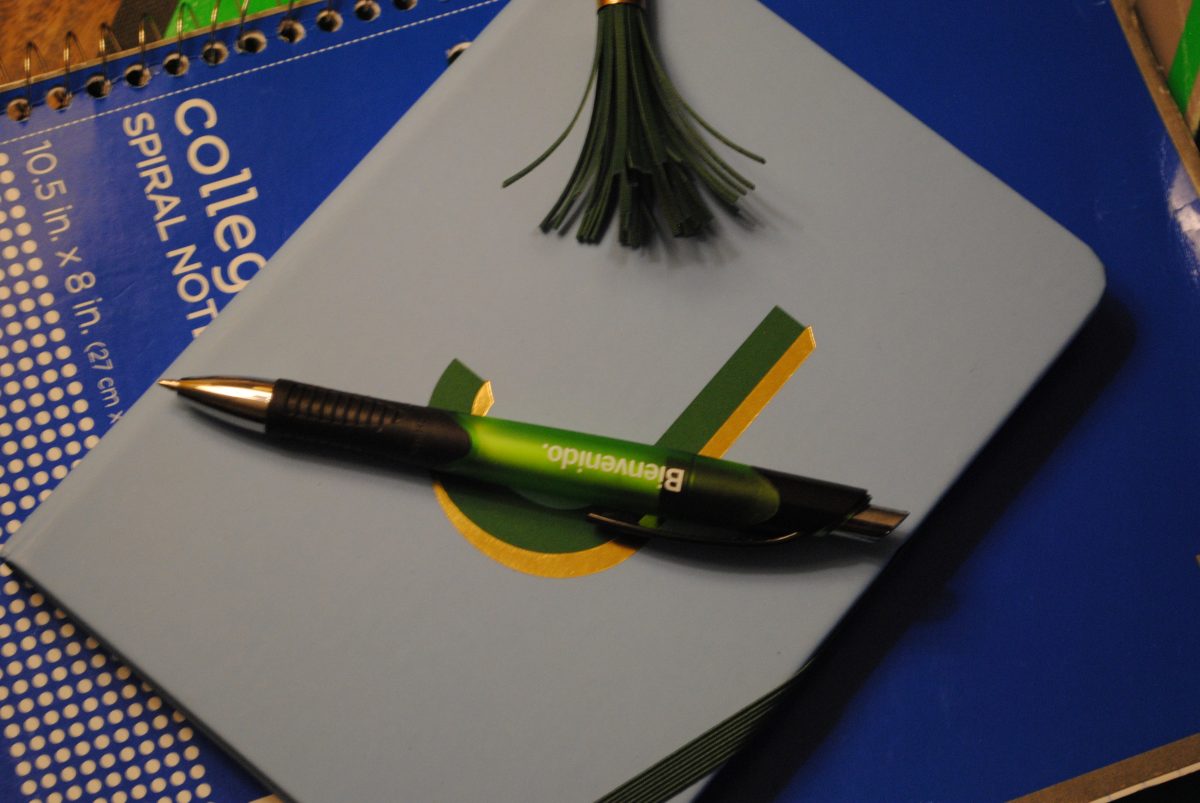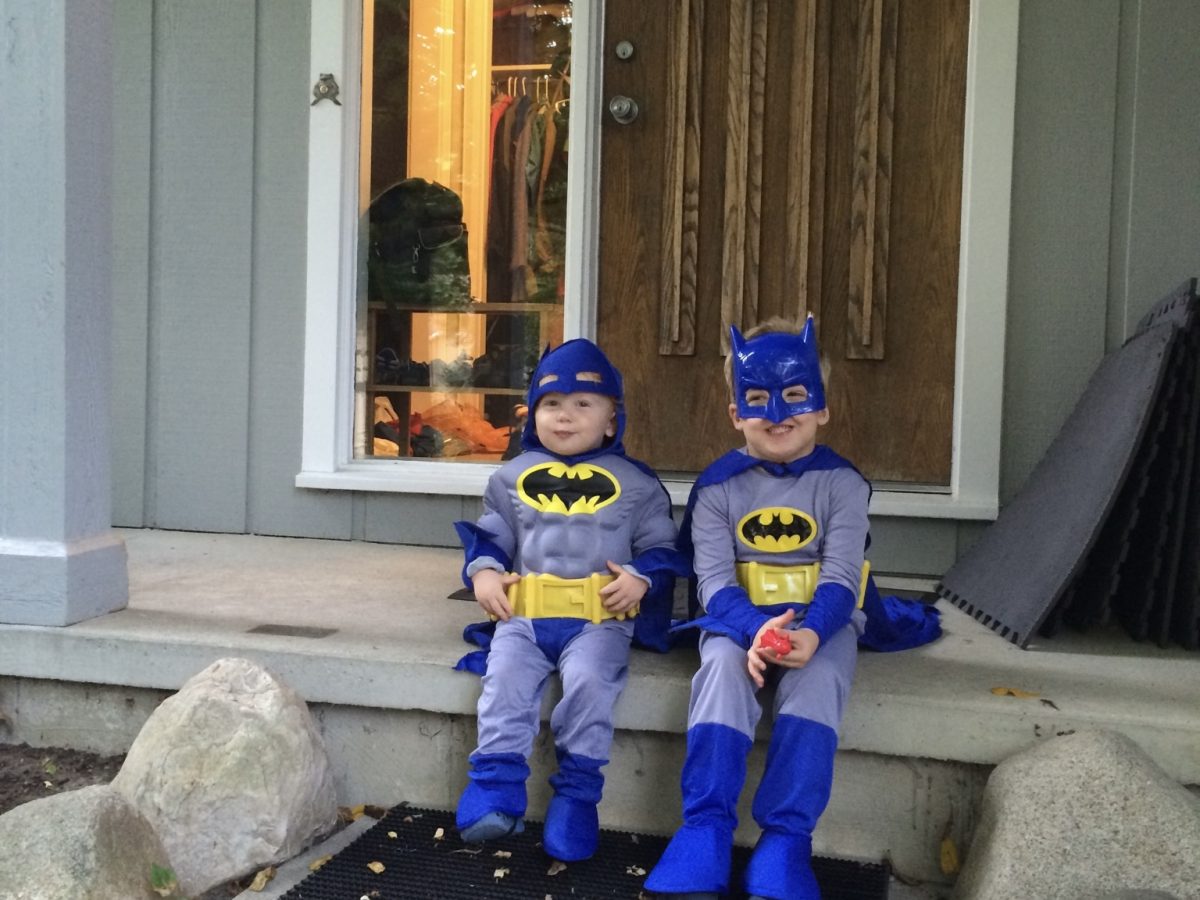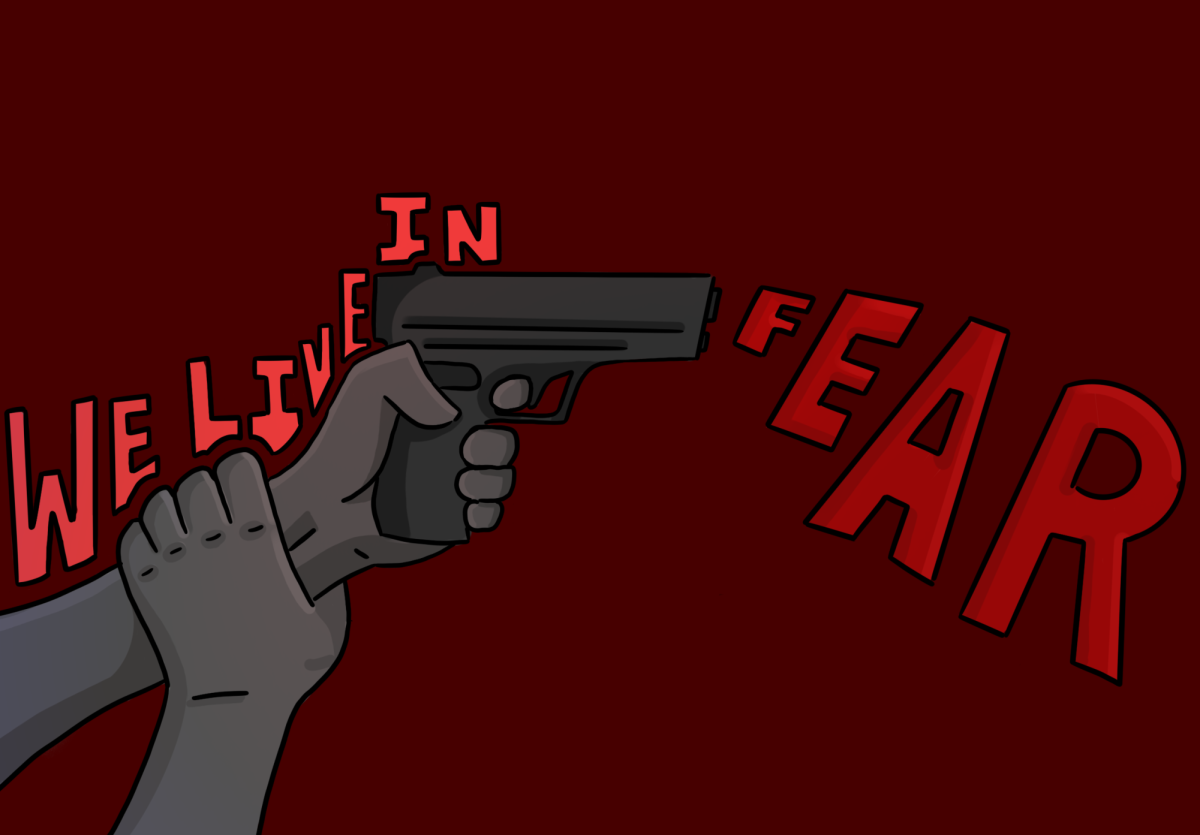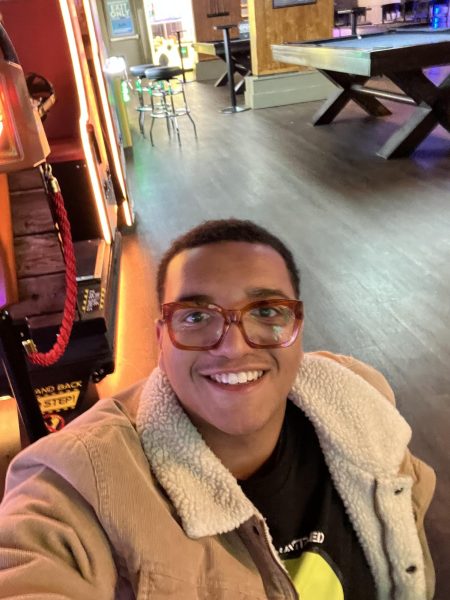Journaling is something that has been a source of inspiration in my life for a while now. The idea of documenting my life in a small unprotected journal was more than comical to me. However, as time went on my life became more and more hectic, filled to the brim with new stresses, new pains and new challenges. The need and case for journaling became of more and more importance for me. And in hindsight, it was probably for the better. Allowing me to flourish.
In a way, I had been journaling for years. Social media, a place for documenting and sharing our lives, is a form of journaling—just an extremely public form of it. Documenting everything and living in the public sphere took a toll on me. Reducing the time I spent journaling on these platforms and increasing the time I spent journaling in my notebook in a quiet room with a dimmed light bettered my mental health and improved my relationships. Taking pen to paper and writing what’s on one’s mind is a lost art form we must rediscover for our minds, for our health and more importantly for our relationships.
Back in May of last year, I tried to get myself into journaling. I finally decided to try it after my sister, Amber, gifted me an Opal House Monogram Journal from Target for my 16th birthday. My sister Amber, who loves to write, has been journaling since she was a senior in high school 14 years ago.
I didn’t take it seriously at first and honestly didn’t know how to. I didn’t even know where to start, what to write about, or what to use to write in the journal.
Should I erase it? Keep writing? Does this sound right?
These are just a few of the questions that I would constantly ask myself every time I decided to pick up the journal. I’d spend hours just looking at blank lines on the thick, glossy paper, afraid.
“Once you place that ink down there’s no coming back,” Amber said. “The journal was a place for the constant stream of thoughts, not a constant stream of correction.”
In hindsight, she was right, but I was there thinking about the possibility of someone finding this journal. It’s difficult to be intimate and free with something like a journal. Especially if it’s your first time. You have to be brave and bold and eventually, you’ll find your stride.
So then I guess the question presents itself: What is journaling?
In essence, journaling is the process of letting your ideas and thoughts flow out into a notebook or some other digital medium. If you ask me, it’s best to let this process progress and play out on a page. But to each their own.
There are so many different ways to journal and that’s what makes it a great choice. If you have some things on your to-do list that have tight deadlines, a daily schedule you need to keep track of, or if you need to do some note-taking or just need to make a grocery list, journaling is a great way to manage and inform your daily routine. You can write all of these things on the notes app on your phone or in a Google Doc, but there’s nothing quite like putting pen to paper and physically writing it out.
There are also so many different ways to journal that you could choose from!
Here are just a few examples:
“Most likely to” journal: Sharing this journal with friends would be a lot of fun if you wanted to find out how they perceive you and vice versa! You start the process by having each friend write down three things about their other friends that they think their friends are “most likely to.”
“Love Letter” Journal: You write love letters to each other in a love letter journal, just as the name suggests. You can just write love messages to each other in an ordinary journal. Along with the location of the diary, a schedule would be decided upon. These are genuine declarations of your love for one another, and they would be enjoyable to reflect on over time.
“Conflict Resolution” Journal: If you and your partner cannot get along together, have become extremely intolerant of one another, and have struggled to communicate effectively, it could be a good idea to start a Conflict Resolution Journal! Take out two diaries, one for each partner, and when you start to argue, take a moment to sit down and write out your feelings and ideas in the conflict resolution journals. Take as much time as necessary, then switch journals, have a conversation, and ideally reach a peaceful conclusion.
I could go on for ages but the point is if you’re like I was and don’t know where to start, where to turn to, or how to even wrap your head around a journal, there are so many prompts or journal types you can choose to jump-start your journey. With all of this, I encourage you to pick up a pen or pencil and find yourself a dedicated notebook you can call a journal. Spend 30 minutes writing down anything and everything that comes to mind no matter how crazy, how bland, how boring, or how irrelevant you might think those thoughts are. I promise you, your mind, health and your relationships won’t regret it.










